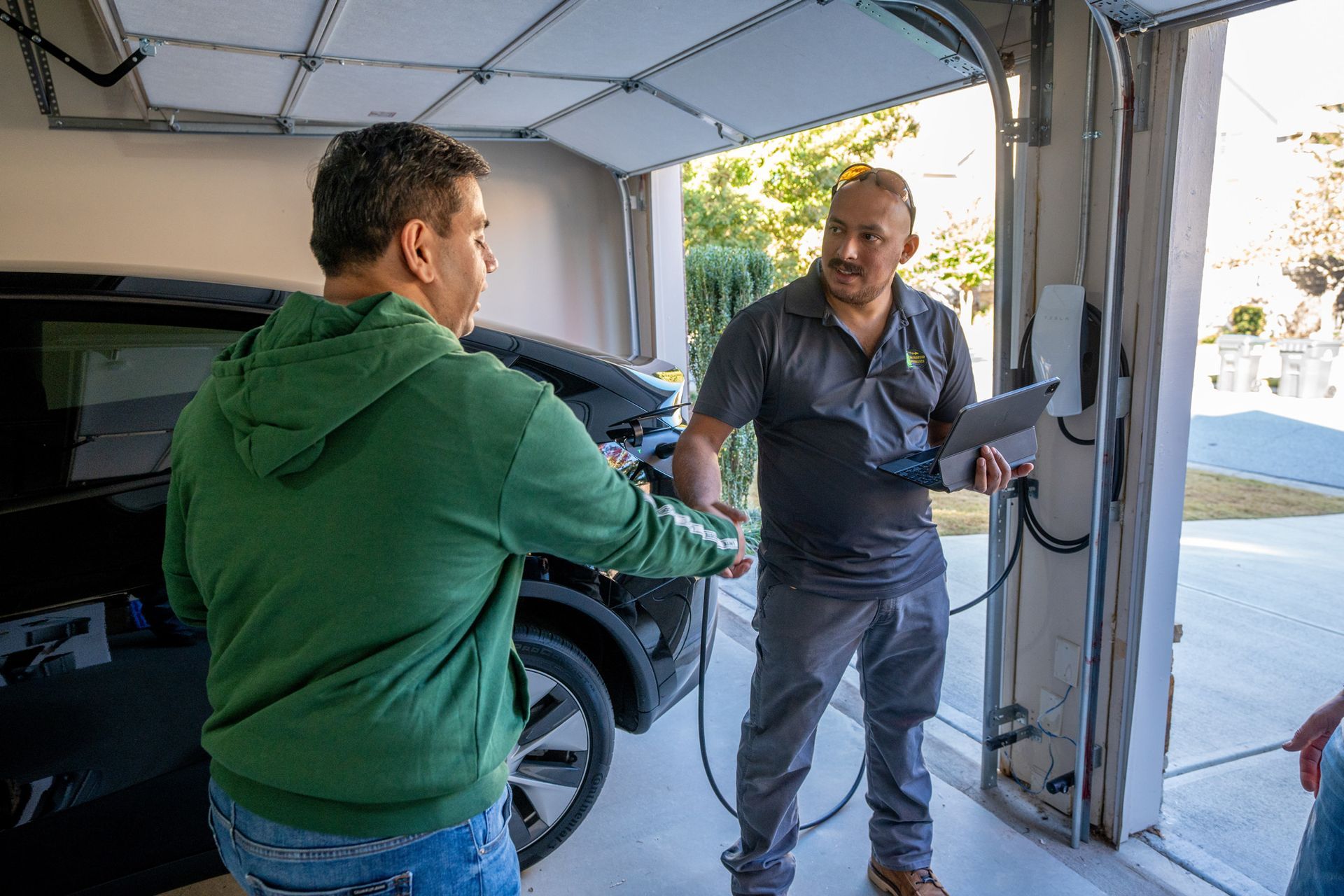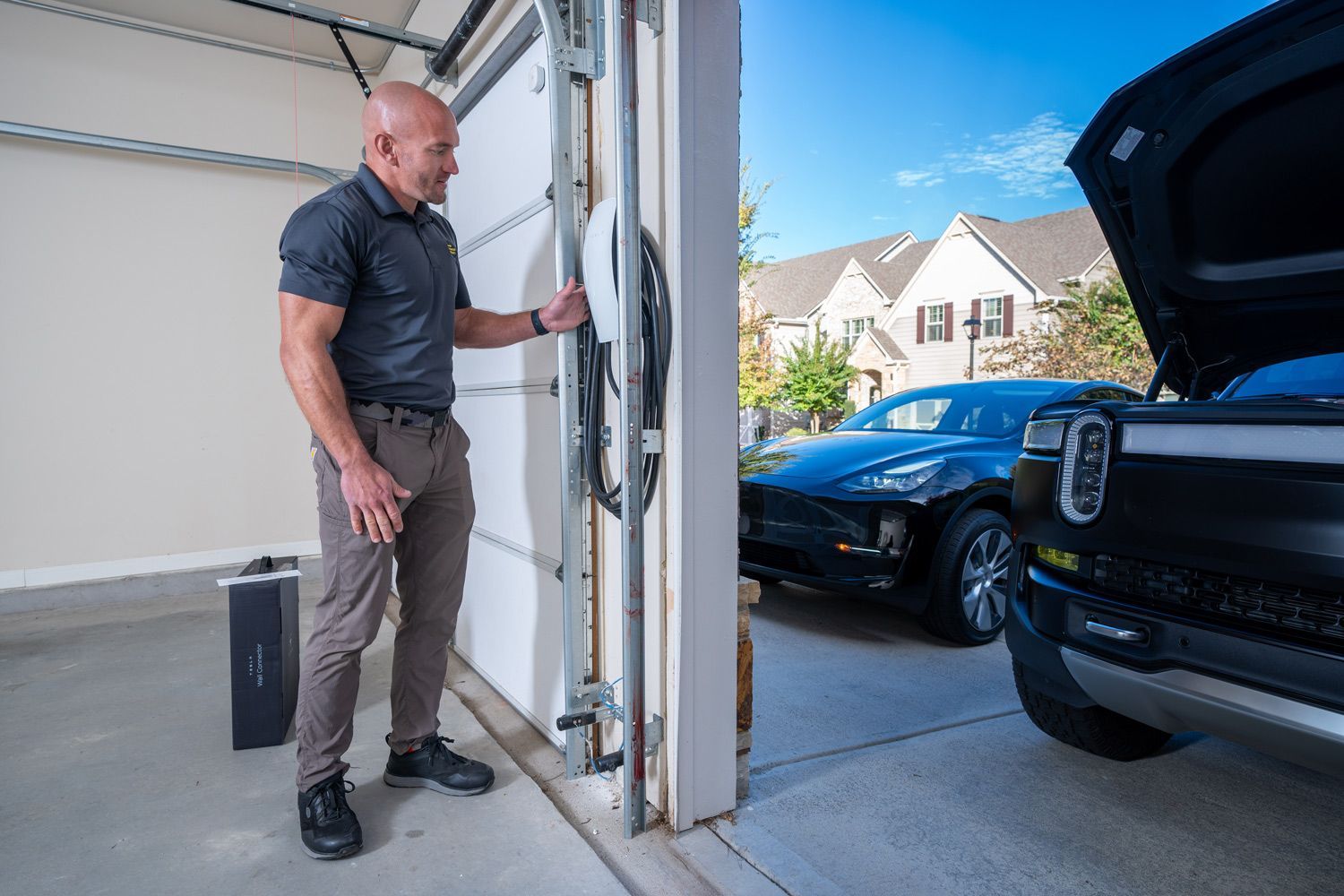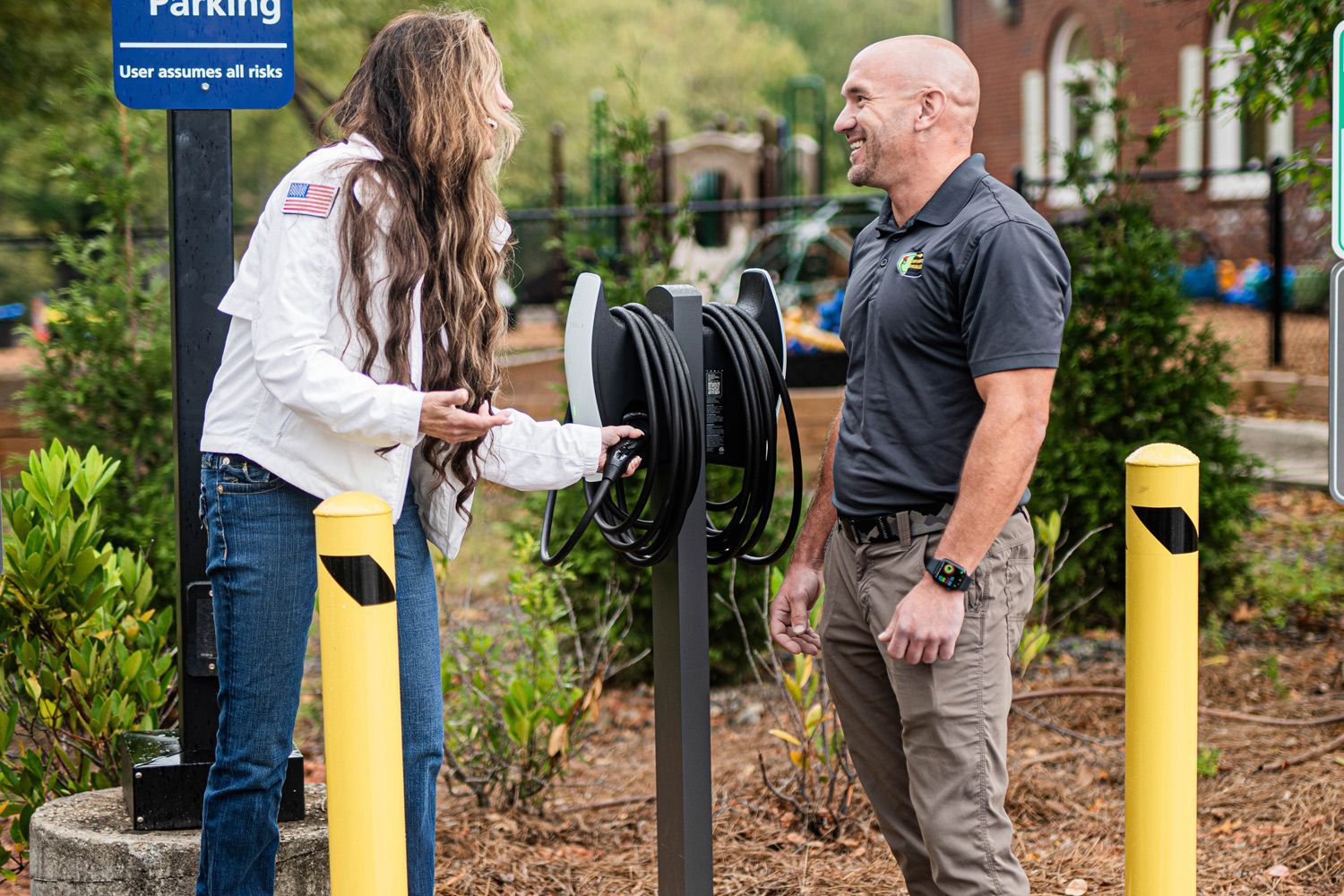Dodge Charger EV
Performance, Charging Options, and Its Market Position in the EV World
The Dodge Charger has long been synonymous with raw, unbridled power, high-octane performance, and a legacy rooted in American muscle. With its thunderous engine roars and blistering speed, the Charger has earned its place as an icon in the automotive world.
As the auto industry embraces a more sustainable future, Dodge is preparing to electrify its legendary lineup, and all eyes are on the highly anticipated Dodge Charger EV. Let’s explore how the Charger EV stacks up in terms of performance, its charging capabilities, and how Dodge plans to transition into the electric vehicle (EV) market without losing the muscle car spirit that fans love.
When you hear the name Dodge Charger, the first thing that comes to mind is performance. Whether it’s the roaring HEMI V8 of the Charger Hellcat or the speed and agility of the Scat Pack, performance has always been at the heart of the Charger lineup. The Dodge Charger EV aims to carry this torch into the electric era, combining traditional muscle car performance with cutting-edge EV technology.
Performance and Features of the Dodge Charger EV
While Dodge has not yet released official details about the Charger EV’s speed and acceleration, electric vehicles are known for their instant torque and rapid acceleration. These qualities often result in faster acceleration than their gas-powered counterparts. It’s likely that the Charger EV will benefit from the immediate power delivery typical of electric vehicles.
For comparison
- The Tesla Model S Plaid offers a 0-60 mph time of under 2 seconds, making it one of the fastest production cars in the world.
- The Lucid Air Dream Edition comes close with a 0-60 mph time of around 2.5 seconds.
While we await official performance figures from Dodge, the Charger EV is expected to deliver the adrenaline rush that Charger fans have come to expect—just in an electric package.
Speed and Acceleration
Dodge has not yet released any official data regarding the range of the Charger EV. However, modern electric vehicles typically achieve a range of 250 miles or more on a single charge, depending on battery size and driving conditions.
For comparison:
- The Tesla Model S Long Range offers an impressive 405 miles of range.
- The Lucid Air Dream Edition currently leads the market with 520 miles of range.
As battery technology continues to advance, it's likely that the Charger EV will offer a competitive range suitable for both daily driving and long-distance trips.
Range: What to Expect from the Charger EV
Dodge’s muscle cars are known for their thrilling driving experience, combining powerful engines with an aggressive, exhilarating ride. Electric vehicles have the advantage of instant power delivery and improved handling due to a lower center of gravity from battery placement. This gives EVs better control and stability, especially when cornering at high speeds.
While there are no official details on the Charger EV’s driving dynamics yet, it’s likely Dodge will ensure the Charger EV delivers a high-performance driving experience that blends muscle car heritage with electric efficiency.
Driving Experience: The Muscle Car DNA Meets Electric Power
Owning an EV isn’t just about performance on the road—it’s also about how convenient and fast you can recharge your vehicle. While Dodge hasn’t released specific information on the Charger EV’s charging capabilities, it's reasonable to assume the Charger EV will support the main charging options available for most modern electric vehicles.
Level 1 Charging (120V)
- Compatibility: Like most EVs, the Charger EV is expected to be compatible with Level 1 chargers, which use a standard 120V outlet.
- Charging Time: Level 1 charging generally adds about 3-5 miles of range per hour, making it ideal for overnight charging at home. While slower than other options, it’s a simple solution for casual charging needs.
Level 2 Charging (240V)
- Compatibility: The most practical home-charging solution for the Charger EV will likely be Level 2 chargers, operating at 240V.
- Charging Time: Level 2 chargers typically add 25-30 miles of range per hour, depending on battery size. It could likely take 8-10 hours for a full recharge at home using a Level 2 charger.
DC Fast Charging (Level 3)
- Compatibility: DC Fast Chargers are essential for long-distance driving, and the Charger EV is expected to be compatible with them.
- Charging Time: Most EVs using DC Fast Charging can go from 10% to 80% charge in around 30-40 minutes. We expect similar capabilities for the Charger EV.
As EV infrastructure continues to expand, Charger EV owners will likely have access to a growing network of fast-charging stations across highways and urban areas.
Charging Options for the Dodge Charger EV
Dodge’s entry into the EV market is both exciting and strategic. With a loyal customer base that expects performance-first vehicles, Dodge faces the challenge of maintaining its muscle car DNA while adapting to the electric future.
Performance DNA Meets Electrification
Dodge has built its brand on power and attitude, and the Charger EV will be the ultimate test of whether the brand can translate its iconic muscle car ethos into the world of electrification. While traditional Dodge models are known for their roaring engines, Dodge’s EV models will need to capture the same performance spirit in an electric form.
How Dodge Stacks Up Against Competitors
- Tesla: Tesla is a dominant force in the EV market, known for its high-performance models like the Model S Plaid. Its incredible acceleration, range, and autonomous driving features make it a formidable competitor.
- Lucid: Lucid is another key player, offering luxury EVs like the Lucid Air, which focus on both performance and opulence. With market-leading range and high-end features, Lucid’s vehicles are positioned as luxury EVs.
Dodge’s challenge will be to win over muscle car enthusiasts who are used to the roar of a V8 engine but are curious about the electric future. The Charger EV’s success will likely hinge on its ability to balance traditional muscle car elements with the benefits of modern electric technology.
Dodge’s Market Position in the EV World
The Dodge Charger EV is set to be a game-changer for the brand as it transitions into the electric era. While official specifications on performance and charging times are still to come, it's clear that Dodge is focusing on bringing its muscle car DNA into the EV world. With flexible charging options, high performance, and a loyal fan base, the Charger EV is expected to stand out as a powerful new entry into the growing EV market.
If you have any other questions on EV car chargers, contact the Car Charger Specialists for a free consultation.
The Future of the Dodge Charger EV
Discover our most popular blog posts, covering everything from EV charger installation tips to the benefits of renewable energy.
Featured Blog Posts
All Rights Reserved | Car Charger Specialists




